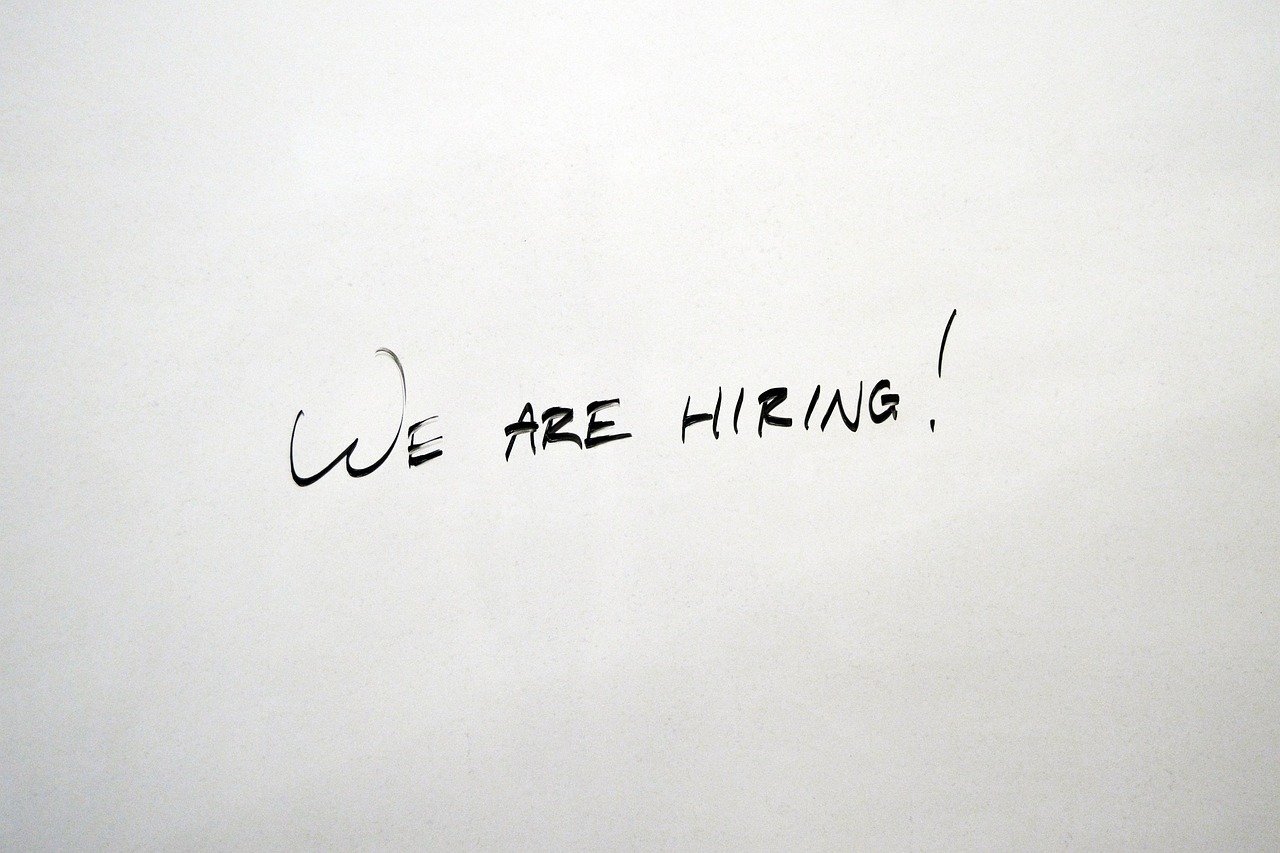
CEO hiring executive culture
Hiring a CEO or high-level executive is a pivotal moment for any organization. It requires careful consideration of not only the skills and experiences of the candidates but also how well they align with your company’s culture and vision.
As many seasoned entrepreneurs will attest, the wrong hire can exacerbate existing challenges and lead to costly setbacks. Conversely, the right hire can transform your business trajectory. Understanding these dynamics is crucial for making informed, strategic hiring decisions.
The mindset you adopt before embarking on the hiring journey is fundamental in the context of CEO hiring, particularly in executive recruitment, especially regarding CEO hiring, particularly in executive recruitment. Business expert Jim Collins likens the hiring process to choosing a bus driver for your organization’s journey; you want someone who can steer the company in the right direction.
Collins emphasizes the importance of asking, “first who, then what,” underscoring the necessity of ensuring that the individual fits well within the existing company culture. Many business owners have expressed regret over not hiring sooner, as the right leader can alleviate burdens and allow for a more significant focus on strategic growth. Investing in high-caliber talent can indeed pay off over time, creating substantial long-term value for your business.
How do you find the right executive?
Referrals from trusted colleagues often yield excellent candidates, as personal recommendations carry weight in the hiring process, especially regarding CEO hiring, including executive recruitment applications. Promoting internally can also be a fruitful strategy, albeit one that requires time and investment in training.
Additionally, adopting a proactive approach—such as approaching high-potential individuals you encounter—can open doors to unexpected talent. Ultimately, whichever method you choose, a comprehensive hiring process is indispensable for ensuring you select the right person for your executive role.
executive recruitment candidate traits
A well-structured hiring process can mitigate risks associated with high-level hires. One of the first steps is to brainstorm the essential qualities and skills desired in your future CEO or director.
This should include hard skills, soft skills, and cultural fit. Documenting these traits can help clarify your expectations and serve as a foundation for evaluating candidates in the context of CEO hiring, especially regarding executive recruitment. Following this, create a candidate trait matrix to identify the top three attributes you’re looking for, which can streamline your search and evaluation.
The next phase involves a multi-step hiring process. This typically includes writing an engaging job description, posting the position on relevant platforms, and screening resumes.
Your job description should not only outline responsibilities but also serve as a marketing tool to attract top talent in the context of CEO hiring, particularly in executive recruitment. Highlighting unique aspects of your company culture can filter out candidates who may not align with your values. Once the applications start rolling in, employ personality assessments, such as the Myers-Briggs test, to gauge compatibility with your organizational culture.

interview process skills tests candidates
The interview process is where you can truly gauge candidates’ abilities and fit. A phone screening is an effective initial step to quickly narrow down candidates.
This brief conversation can clarify salary expectations, work location preferences, and overall interest in the position. Following this, evaluating candidates through skills tests is critical to ensure they can perform the necessary tasks, especially regarding CEO hiring, especially regarding executive recruitment in the context of hiring process. Many organizations have found success using platforms like CriteriaCorp for this purpose, providing standardized assessments that can be compared across candidates.
Group interviews can also be beneficial, allowing you to observe candidates’ interactions with others and how they handle collaborative environments. The face-to-face interview should be approached with care; creating a relaxed atmosphere can help candidates feel at ease and reveal their true selves, especially regarding CEO hiring in the context of executive recruitment in the context of hiring process.
Asking targeted questions about their past experiences and motivations will provide deeper insights into their fit for the role and your organization.

candidate reference checks compensation
As you finalize your selection, reference checks are an essential step. They serve as a tool to validate candidates’ experiences and uncover any potential weaknesses.
Engaging with previous employers can yield valuable insights that resumes may not reveal. This diligence ensures that you’re making a fully informed decision before extending an offer in the context of CEO hiring, including executive recruitment applications, especially regarding hiring process. Once you’ve completed your due diligence, it’s time to make an offer.
Be transparent about the compensation package, including base salary, bonuses, and benefits. It’s essential to set clear expectations regarding the role, responsibilities, and performance metrics from the outset.
This clarity helps to align both the candidate’s and your organization’s objectives, fostering a productive working relationship from the start.
CEO onboarding process recruitment culture
The onboarding process is just as critical as the hiring process itself. A well-structured onboarding plan helps new executives acclimate to your company culture and understand their role within the broader organizational context.
This should include regular check-ins and support from existing team members to facilitate a smooth transition. Motivating your new CEO or director is equally important in the context of CEO hiring, especially regarding executive recruitment, including hiring process applications. Providing opportunities for professional development and encouraging open communication can foster a positive environment.
This not only helps retain top talent but also promotes a culture of collaboration and innovation. In summary, hiring a CEO or high-level executive is a complex but rewarding process.
By taking a strategic approach and following a structured process, you can significantly increase your chances of making a successful hire, especially regarding CEO hiring, including executive recruitment applications. This not only contributes to the immediate success of your organization but also positions you for sustainable growth in the long term. As many entrepreneurs have learned, investing in the right leadership can yield substantial dividends, making the effort well worth it.










